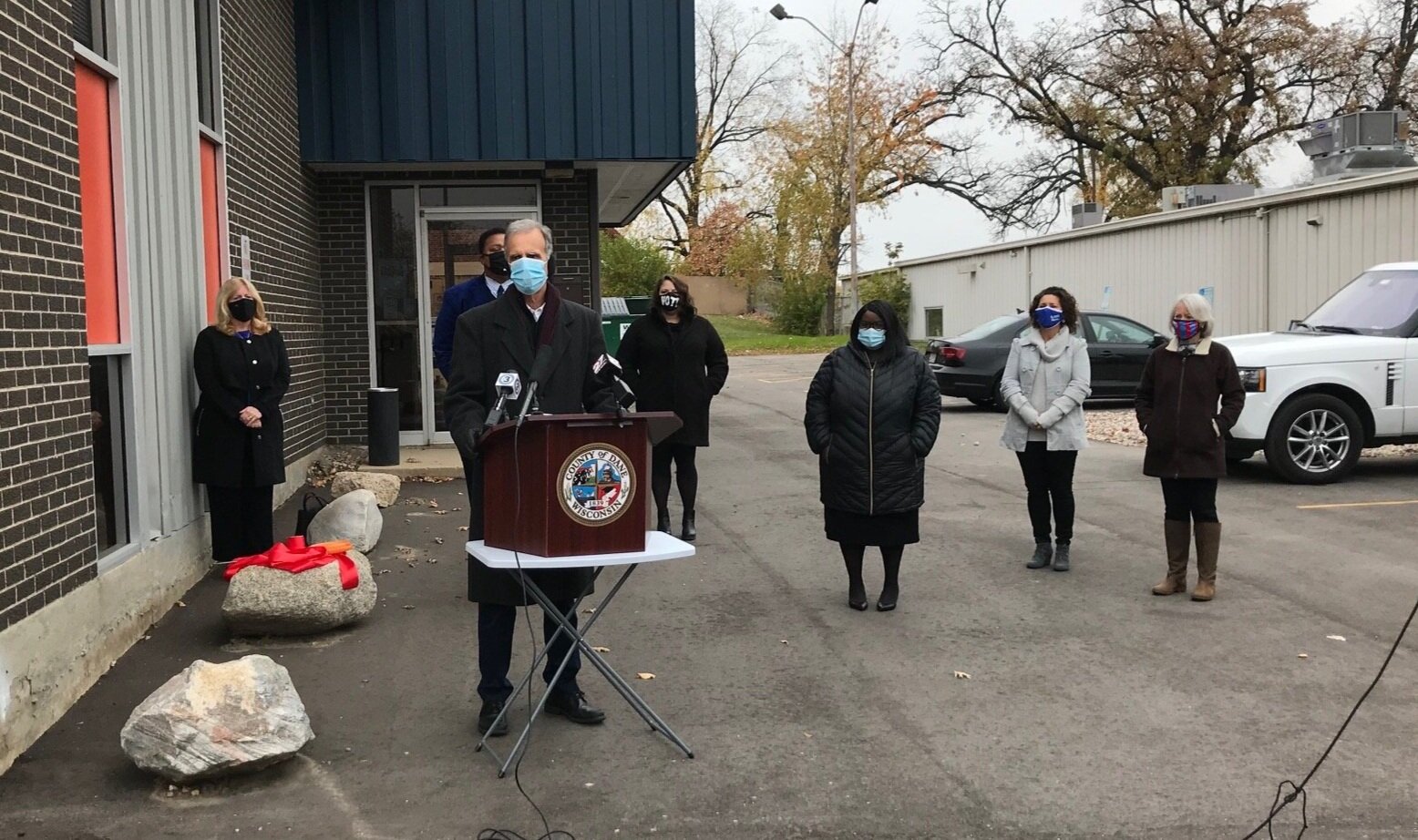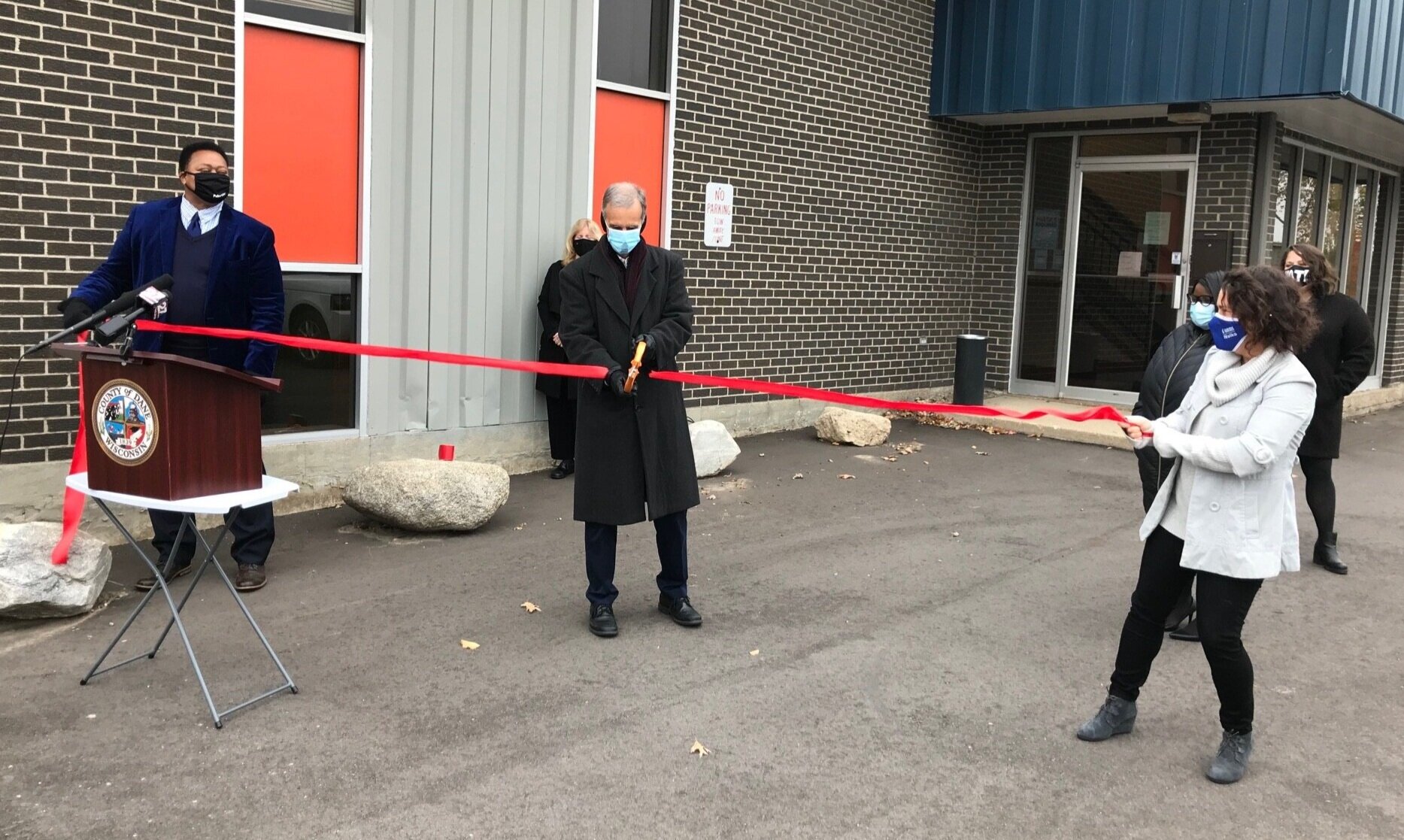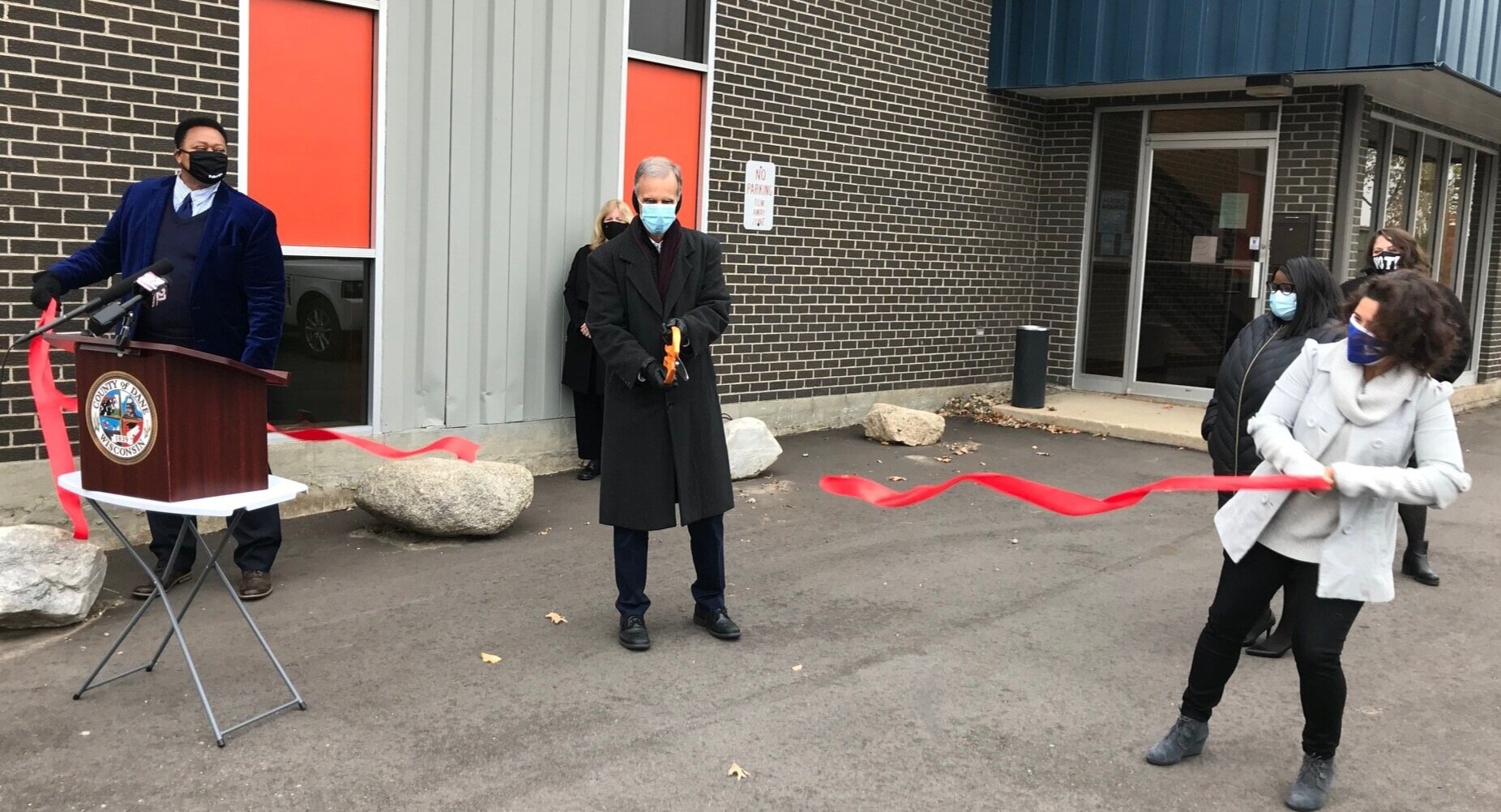Dane County is Making Big Investments in Mental and Behavioral Health During the COVID-19 Pandemic and Beyond
By Dane County Executive Joe Parisi
The COVID-19 pandemic has put an overwhelming strain on the Dane County community, and has negatively impacted many struggling with mental illness and addiction. Our commitment to addressing behavioral health challenges has existed for years, and with the help of our latest efforts, will remain a top priority during the pandemic and beyond.
Dane County’s School Based Mental Health Teams started as a pilot effort in Madison, Sun Prairie, and Verona and has since expanded to a total of nearly a dozen Dane County school districts. These teams work with our local schools to help hundreds of kids each semester and are funded by a cost share between Dane County and the participating schools. The county’s share of funding in 2021 totals over $1 million for the program, which works with hundreds of students, parents, teachers, and law enforcement to improve the classroom and home experiences of our young people experiencing mental health challenges. This work is continuing virtually during the COVID-19 pandemic to help with the emotional and mental health challenges young people are currently facing.
Childhood mental health, trauma, and poverty are all barriers to the future success of young people in our community. Neighborhood and community centers see firsthand the effects of mental health challenges and trauma on young people. That’s why Dane County launched the Behavioral Health Community Center grant program. Each of the five recipients is working to make behavioral health services more accessible to Dane County children and youth who need support and to help mitigate stigma associated with accessing mental health treatment. The recipients each received $25,000 for 2020, totaling $125,000, and will receive $50,000 in 2021, totaling $250,000. By meeting youth where they already gather, we hope to bring important services straight to them and in a place they already feel comfortable.
“The behavioral health resource center is meant to serve as a one-stop shop by bridging private and public mental and behavioral health care providers—making it easier for patients, their families, and even providers to navigate care and advocate for loved ones.”
Back in October, we announced the opening of Dane County’s Behavioral Health Resource Center (BHRC). The BHRC is meant to serve as a one-stop shop by bridging private and public mental and behavioral health care providers—making it easier for patients, their families, and even providers to navigate care and advocate for loved ones. The BHRC began operations this past November and is believed to be the first of its kind in the nation. The project is being funded solely by Dane County, at a little more than $1 million a year. Hours of operation are 7am to 7pm, with navigational support available outside normal business hours. We hope to have 24/7 service operational in early 2021.
“The BHRC will be rooted in integrated relationships with all providers and systems in the county, creating a mutually beneficial resource and referral exchange, thereby making a significant leap forward towards the vision of integrated care coordinated through a single access point.”
The BHRC is being led by a social work supervisor and staffed with clinically-licensed behavioral health resource specialists, case managers, and a peer support coordinator. These staff members will stay up-to-date on behavioral and mental health service delivery changes in Dane County. Their knowledge will be used to inform county residents seeking information on how to access care regardless of the system they are in—public or privately funded. The BHRC will be rooted in integrated relationships with all providers and systems in the county, creating a mutually beneficial resource and referral exchange, thereby making a significant leap forward towards the vision of integrated care coordinated through a single access point.
“The Center will be grounded in the concept of “no wrong door” and individuals will be able to access services by walking in, receiving a referral from a community partner, or being brought by law enforcement.”
Even with substantial annual investments in mental illness and addiction services—totaling almost $65 million per year—our community and law enforcement is many times left with only two options: jail or the emergency room. That’s why County Board Chair Analiese Eicher and I included $300,000 in the 2021 budget to plan a mental health triage and restoration center. This initiative will divert those with behavioral health challenges from the criminal justice system, and further extend recovery services available in our community. The Center will be grounded in the concept of “no wrong door” and individuals will be able to access services by walking in, receiving a referral from a community partner, or being brought by law enforcement. I look forward to working with the County Board on this next important improvement to mental and behavioral health in our community.
Nationally, one in five individuals struggle with mental illness, meaning that almost every family has direct experience with the challenges individuals face. And, as the months of the global COVID-19 pandemic accumulate, we know access to mental and behavioral health services will continue to be vital. Dane County has demonstrated over the past decade when it comes to behavioral health, we are going to be bold and lead progressively. Whether it be through new or ongoing initiatives, we remain committed to coordinating care and improving outcomes for Dane County residents.
###




